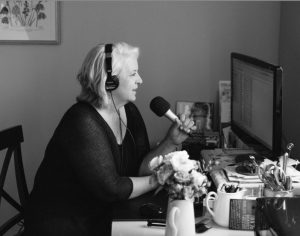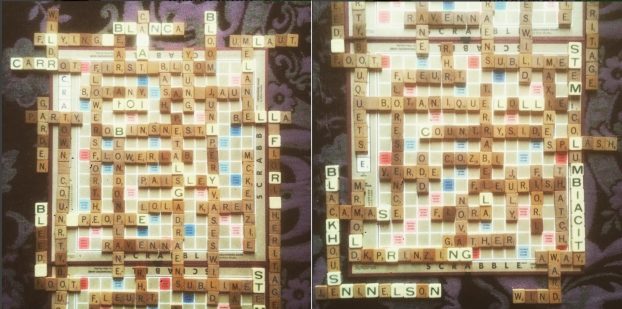Podcast: Play in new window | Download
Subscribe: Apple Podcasts | Podcast Index | RSS | More
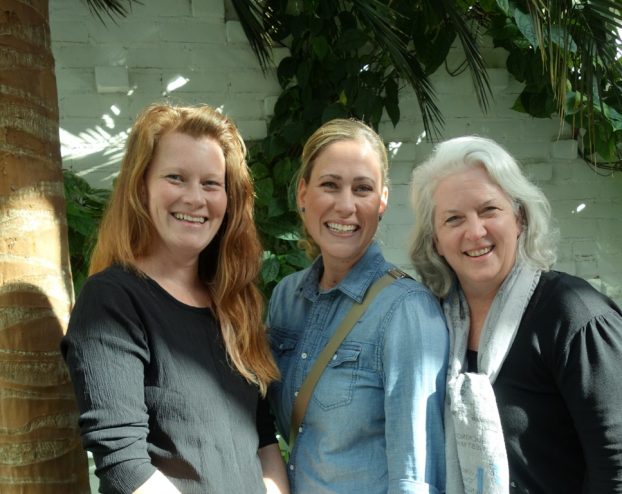
Annie Schiller of From left: William’s Wildflowers, Lindsey Easton of L. Easton + Co., and Debra Prinzing of Slow Flowers
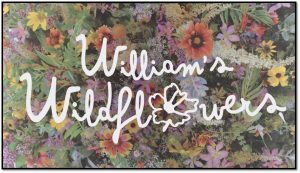
 Today’s podcast features two voices from a new chapter in Florida’s cut flower industry, Lindsey Easton of L. Easton + Co. based just north of Tampa Bay and Annie Schiller of William’s Wildflowers in Sarasota.
Today’s podcast features two voices from a new chapter in Florida’s cut flower industry, Lindsey Easton of L. Easton + Co. based just north of Tampa Bay and Annie Schiller of William’s Wildflowers in Sarasota.
The three of us met and recorded this podcast episode on January 12th at the Oxford Exchange in Tampa, which was centrally located — about one hour in different directions for Lindsey and Annie.
Florida is a huge state with numerous gardening zones and microclimates, but there is a common thread that resonates with anyone in Florida agriculture — which includes the reality of humidity, tropical rains and high temperatures.
And unlike most of the rest of the country where flower farmers are just thinking about planting seeds and roots, Florida cut flower farmers are in their busier season because their peak blooms thrive in the cooler winter and early springtime.
My trip to Florida was at the invitation of the wonderful folks at the Boca Grande Garden Club, a vibrant, intellectually curious, engaged group of people who love the region, who care about conservation and sustaining Florida’s fragile environment. They invited me to share the Slow Flowers story with them, which I did the day prior to meeting Lindsey and Annie.
I loved my visit and I loved seeing the wilder beauty of the Florida Gulf Coastline. I toured a few cool botanical gardens while driving up and down that coastline, and I even brought home two gorgeous species bromeliads (in a carry-on tote) to satisfy my newfound passion for tropicals, along with some amazing seashells collected with permission from Boca Grande.
In a state known for agriculture, including everything from ferns and foliage galore to citruses and tropicals, it is sad to realize that the cut flower industry is proportionally very small compared to so many other states.
Yet, a dynamic collective of farms that specialize in cut greenery and ferns put Florida in the top 5 states for floriculture. There is even one amazing cut clematis farm called Roseville Farms, but small-scale flower farming a la Slow Flowers is rare.
It is rare, but returning, thanks to people like Lindsey and Annie, farmer-florists who are innovative and experimental. There’s no playbook — they are making it up as they go along through experimentation, trialing, plugging into other communities like Master Gardeners (for Lindsey) and the Native Plant community (for Annie).
Before we turn to the interview, here’s a bit more about Lindsey Easton:
As she writes on her web site, Lindsey’s childhood was spent amongst the farm fields of the Midwest. That instilled in her a love of wide open spaces which allowed freedom to create and dream. Originally a fine arts major turned interior design major, her passion is in the creative process. Having spent the last decade working in the design field with excellent mentors and peers, Lindsey reconnected with her agricultural roots after having two children and seeking ways to get closer to where she started.
That’s when L. Easton & Company was born. Her farm and studio are a celebration of the seasons, of cultivating beautiful blooms and creating a wonderful childhood for my children. She and her husband consider themselves lucky to raise their family on a beautiful piece of land and she is excited to share it with her clients and community. L. Easton & Co.’s brand is “grown, gathered, styled.”
Follow Lindsey at these social places:
Lindsey/L. Easton + Co. on Facebook
Lindsey/L. Easton + Co. on Instagram
Annie Schiller is a returning guest so you may recognize her from last April when I featured a conversation about Williams Wildflowers, and the twin, sister-run design studios, one in Florida (which Annie leads) and one in upstate New York (which Rachel Andre leads). That conversation centered on their philosophy of integrating wildflowers and native plants into beautiful floral design, drawing from their respective regions.
Annie has worked at Florida Native Plants Nursery in Sarasota, Florida, for five years, a destination co-owned and operated by her mother Laurel Schiller, a wildlife biologist with an extensive background in higher education and in the native plant world.
Annie was born in the Bronx and raised in both Chicago and in Florida. She designs butterfly gardens, grows and maintains native and Florida-friendly plants, designs and maintains social and print media (including Williams Wildflowers’ web site) and that of Florida Native Plants. She is interested in wildlife and edible gardening, permaculture, homesteading, vermicompost, sustainable practices, eco art, and floral design. Annie has a background in visual art, art history and graphic design from Florida State University and from her years spent living and working in New York City. Annie currently arranges and designs wildflower bouquets for the Florida branch of William’s Wildflowers.
Follow Annie at these social places:
William’s Wildflowers on Facebook
William’s Wildflowers on Instagram
Listen to Annie on Micro-Macro-Enviro Radio
This podcast shares an update on Annie’s work, and introduces the two young women to you and to each other. I loved being the connector to bring them together and it left me feeling a warm place in my heart for these intrepid flower farmers in Florida. I hope to return soon!
The Slow Flowers Podcast has been downloaded more than 150,000 times by listeners like you. How about that, folks?!
THANK YOU to each one of you for downloading, listening, commenting and sharing. It means so much.
If you value the content you receive each week, I invite you to show your thanks and support the Slow Flowers Podcast with a donation — the button can be found on our home page in the right column. Your contributions will help make it possible to transcribe future episodes of the Podcast.
Thank you to our lead sponsor for 2017: Certified American Grown Flowers. The Certified American-Grown program and label provide a guarantee for designers and consumers on the source of their flowers. Take pride in your flowers and buy with confidence, ask for Certified American Grown Flowers. To learn more visit americangrownflowers.org. And PS, Certified American Grown is the producer of the Field to Vase Dinner Tour, now in its 3rd year. Last week saw the announcement of the 7 venue for 2017, and you can find a link to that calendar of events at Debraprinzing.com. I’m very excited that three of the seven venues are Slow Flowers members, so check it out and plan to attend!
We’re also grateful for support from Arctic Alaska Peonies, a cooperative of 50 family farms in the heart of Alaska providing high quality, American Grown peony flowers during the months of July and August. Visit them today at arcticalaskapeonies.com
And welcome to our newest sponsor, the Seattle Wholesale Growers Market, a farmer-owned cooperative committed to providing the very best the Pacific Northwest has to offer in cut flowers, foliage and plants. The Growers Market’s mission is to foster a vibrant marketplace that sustains local flower farms and provides top-quality products and service to the local floral industry. Find them at seattlewholesalegrowersmarket.com.
More sponsor thanks goes to Syndicate Sales, an American manufacturer of vases and accessories for the professional florist. Look for the American Flag Icon to find Syndicate’s USA-made products and join the Syndicate Stars loyalty program at syndicatesales.com.
A big bouquet of thanks goes to Longfield Gardens… providing home gardeners with high quality flower bulbs and perennials. Their online store offers plants for every region and every season, from tulips and daffodils to dahlias, caladiums and amaryllis. Visit them at lfgardens.com.
And finally, thank you Association of Specialty Cut Flower Growers. Formed in 1988, ASCFG was created to educate, unite, and support commercial cut flower growers. It mission is to help growers produce high-quality floral material, and to foster and promote the local availability of that product. Learn more at ascfg.org.
I’m Debra Prinzing, host and producer of the Slow Flowers Podcast. Next week, you’re invited to join me in putting more American grown flowers on the table, one vase at a time. And If you like what you hear, please consider logging onto Itunes and posting a listener review.
The content and opinions expressed here are either mine alone or those of my guests alone, independent of any podcast sponsor or other person, company or organization.
The Slow Flowers Podcast is engineered and edited by Andrew Brenlan. Learn more about his work at shellandtree.com.









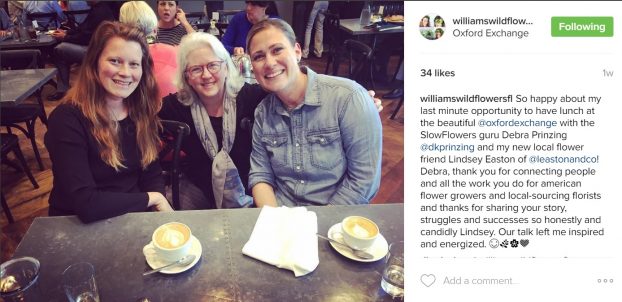
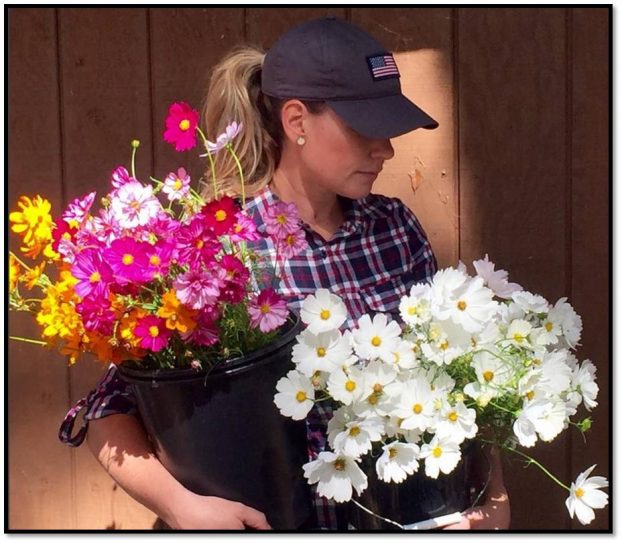
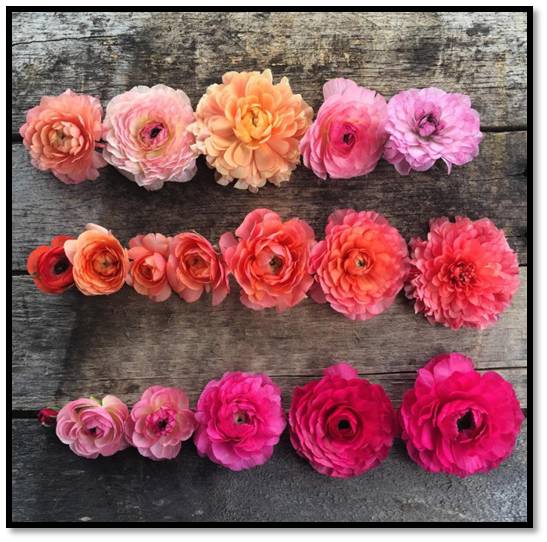
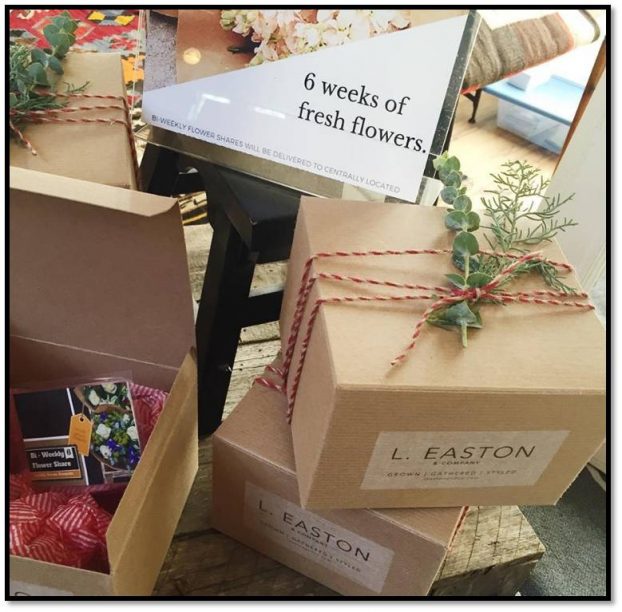
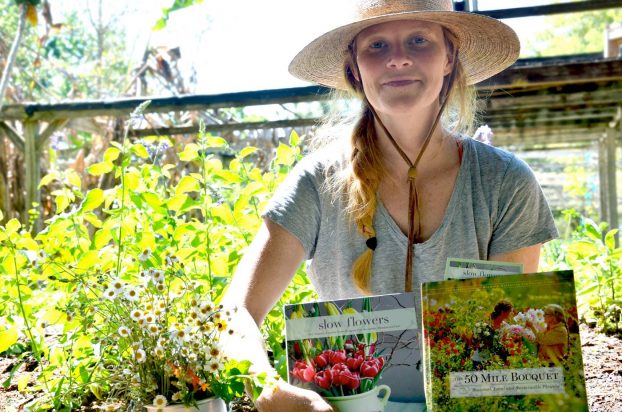
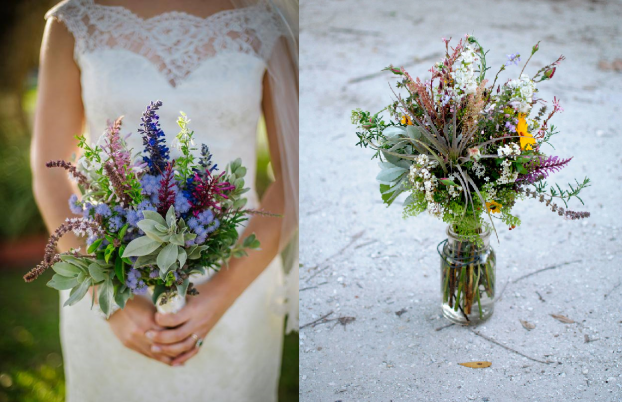
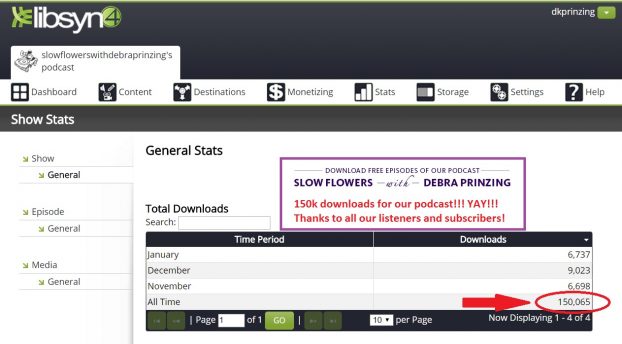
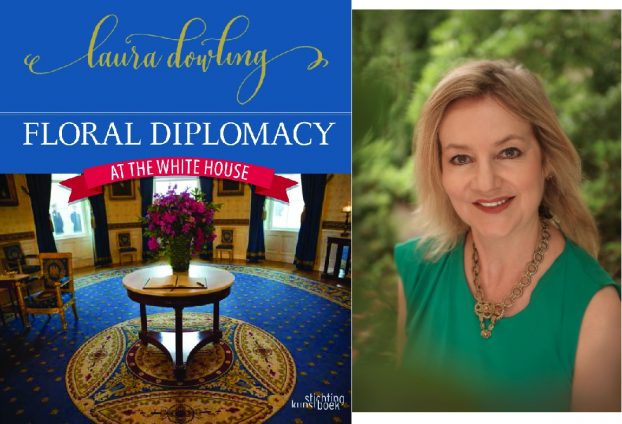
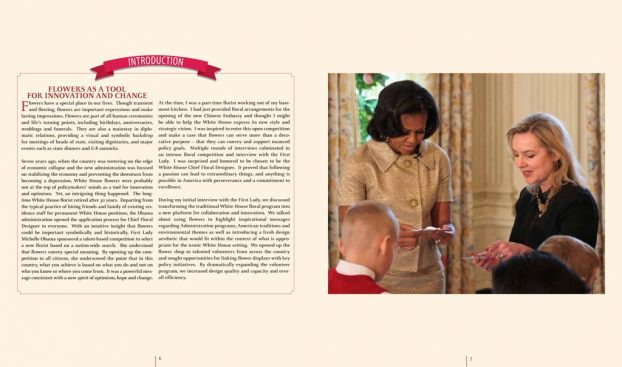
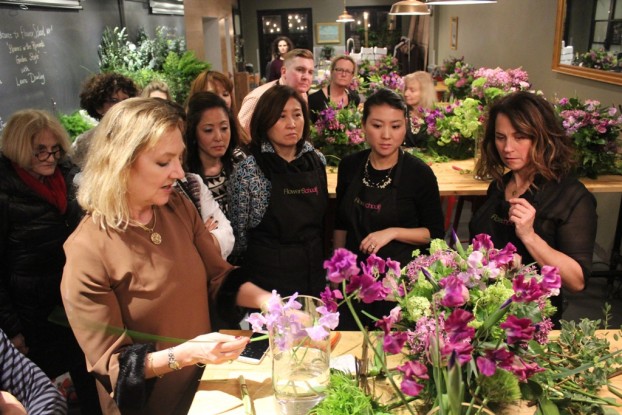
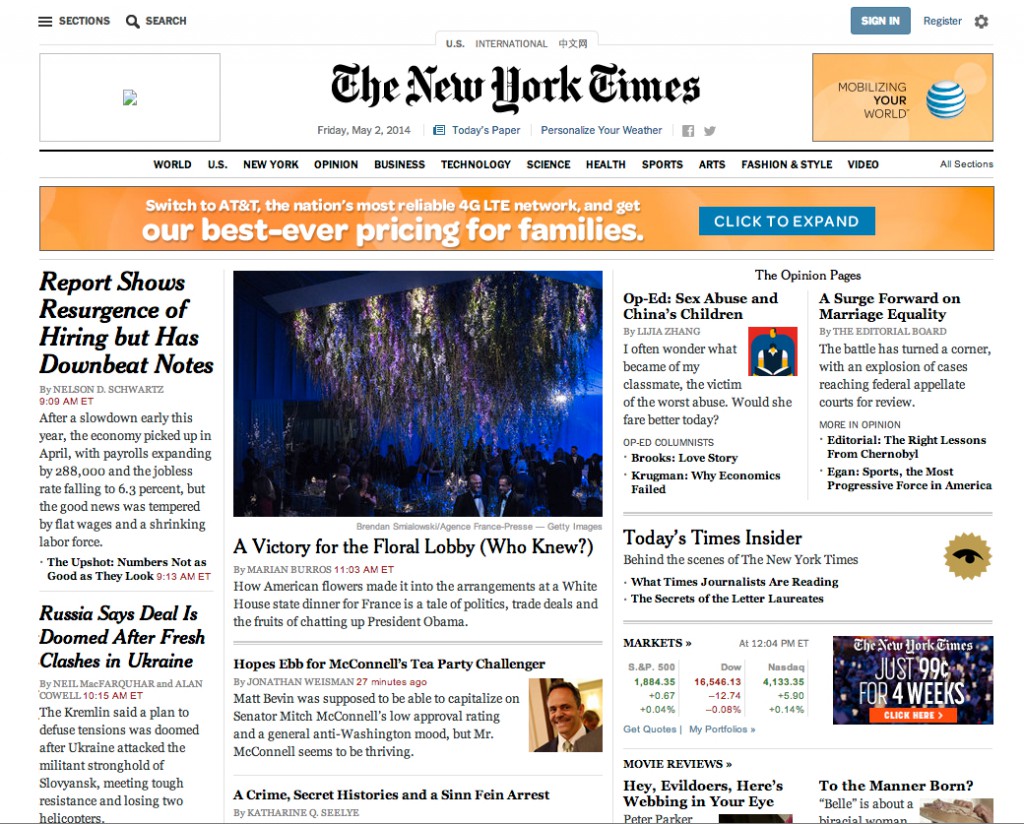
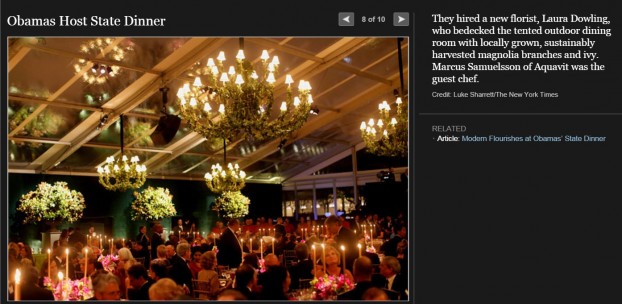
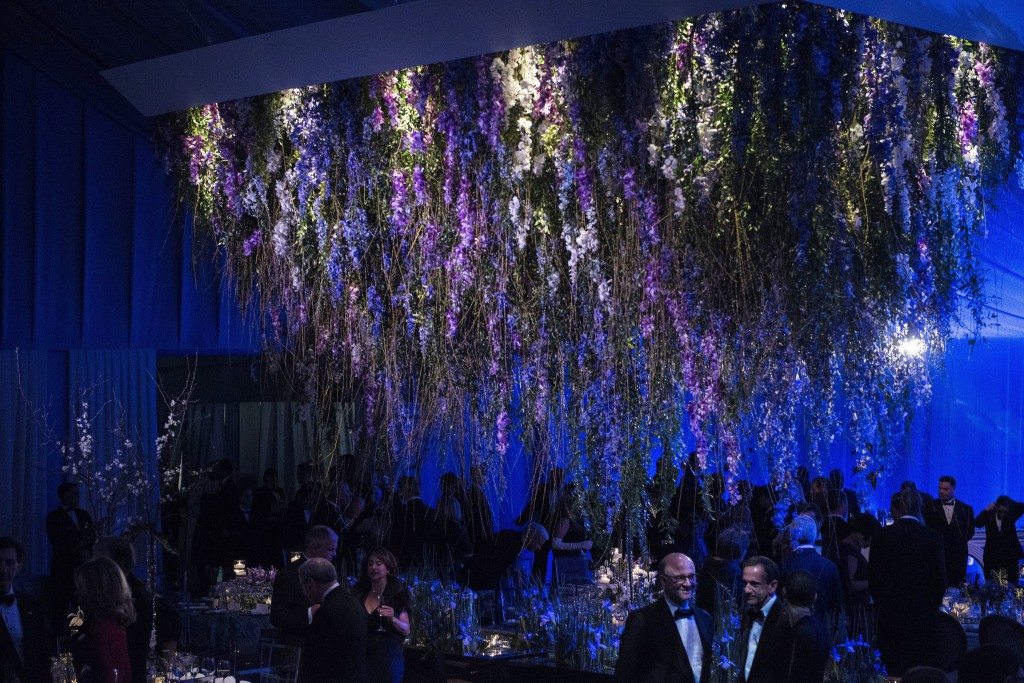
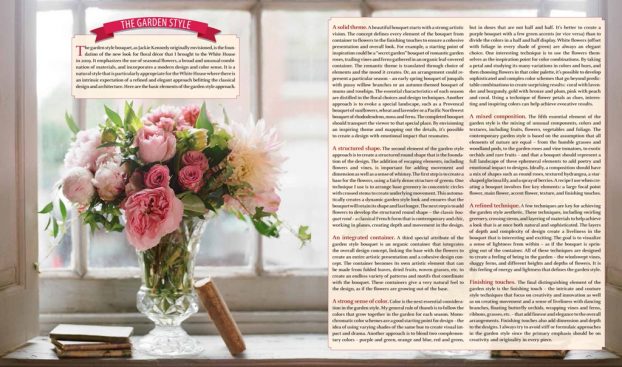
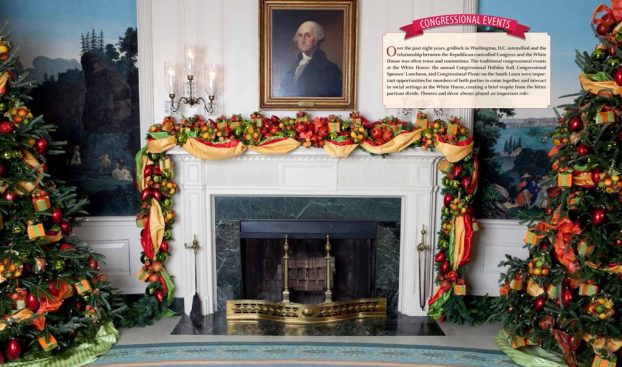
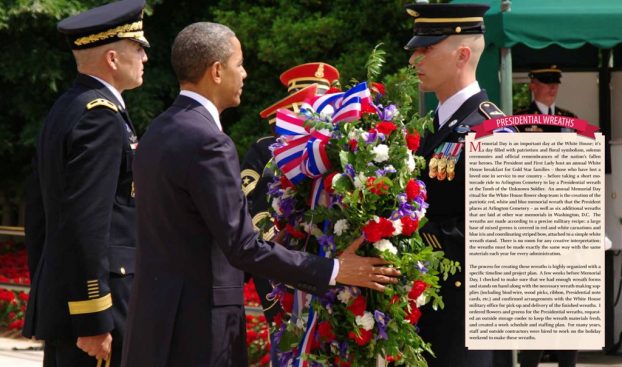
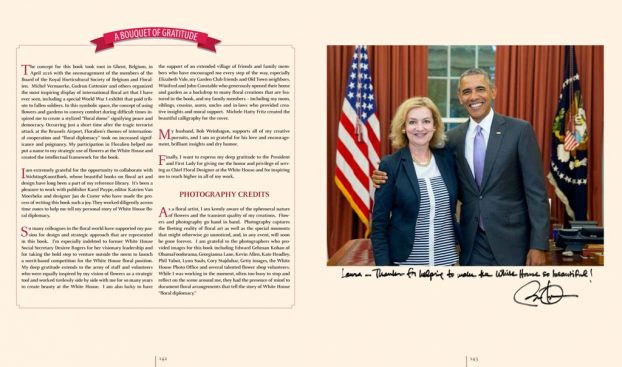
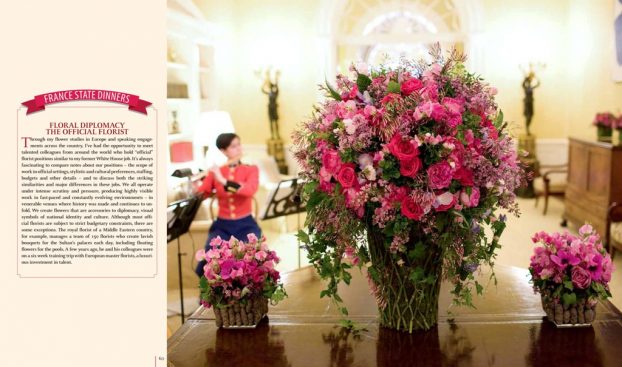


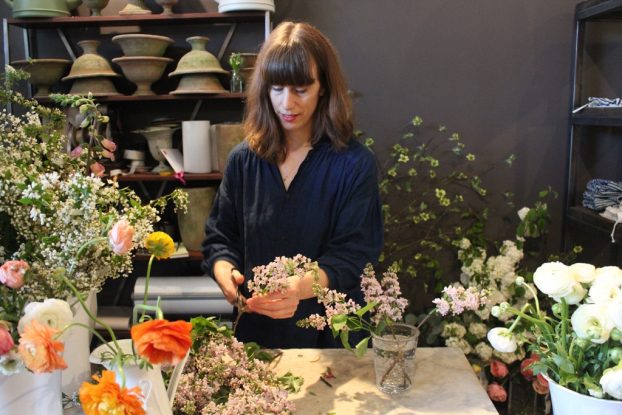
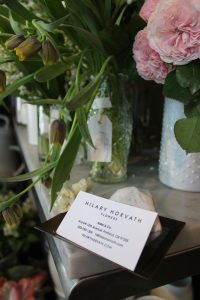
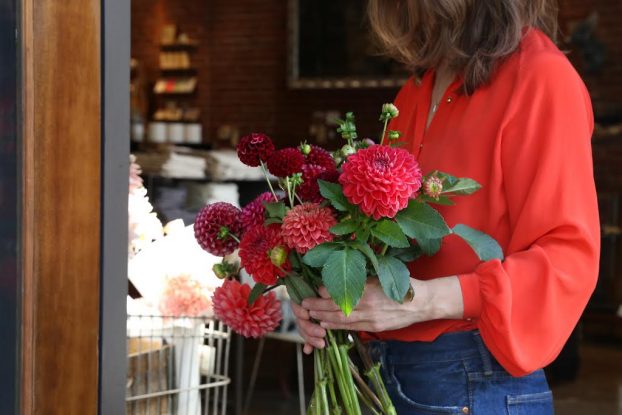
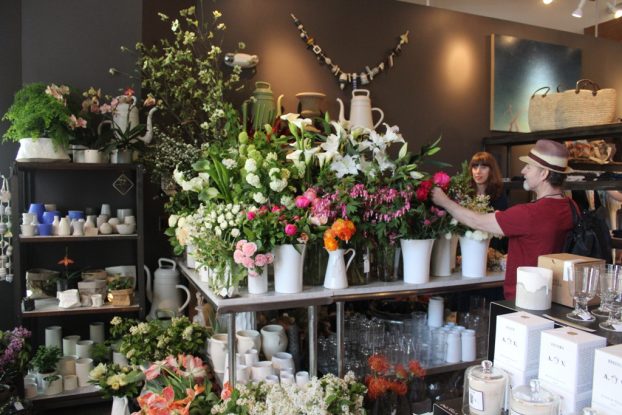
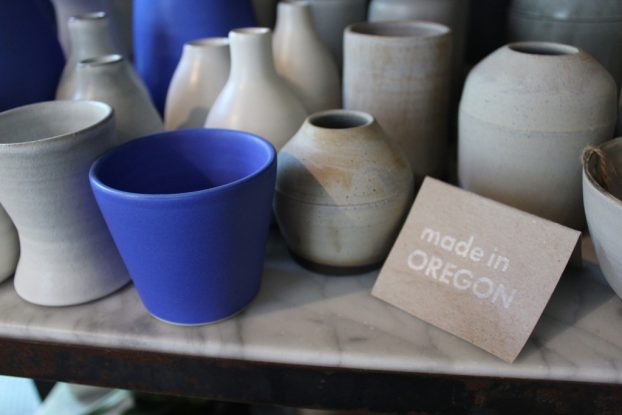
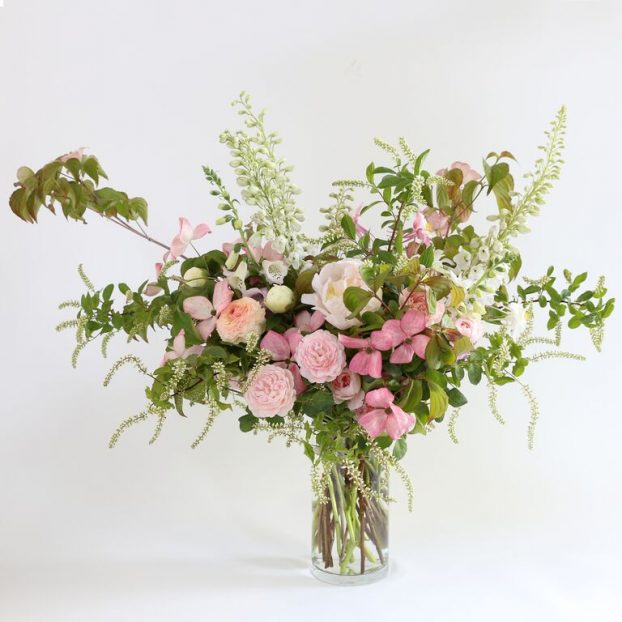
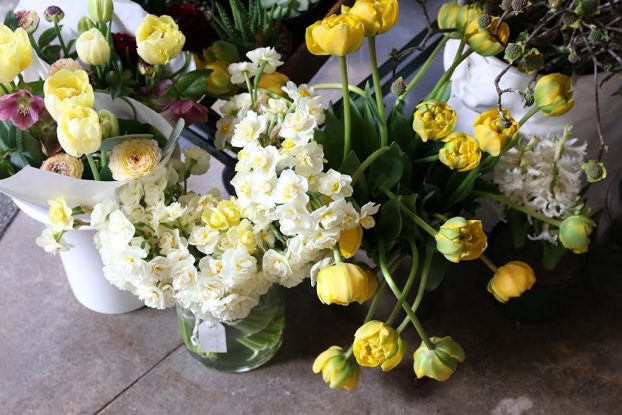
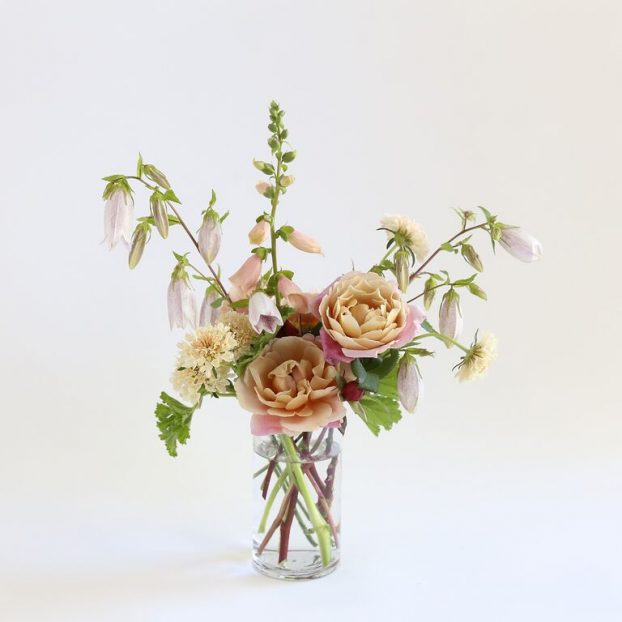
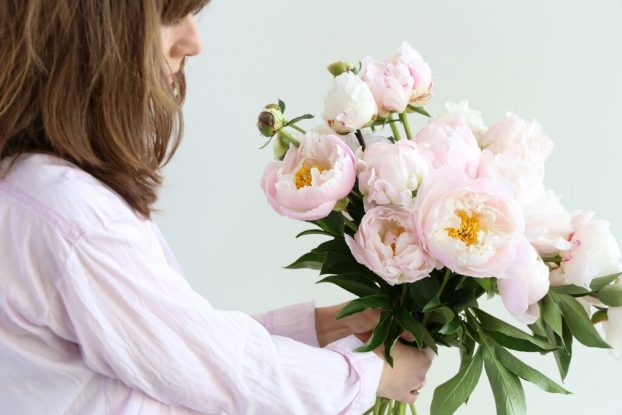
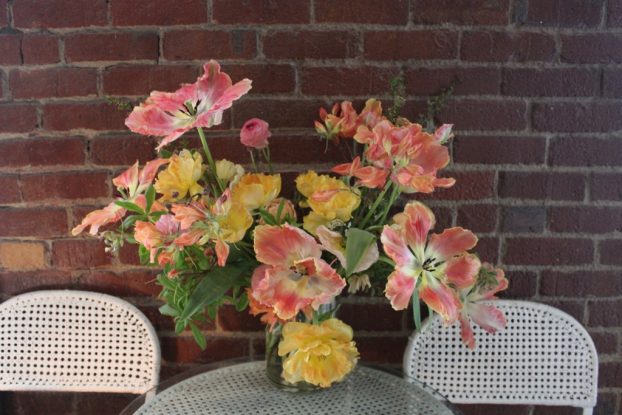
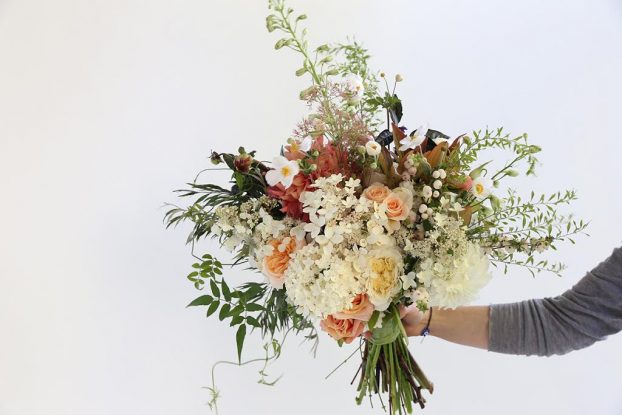
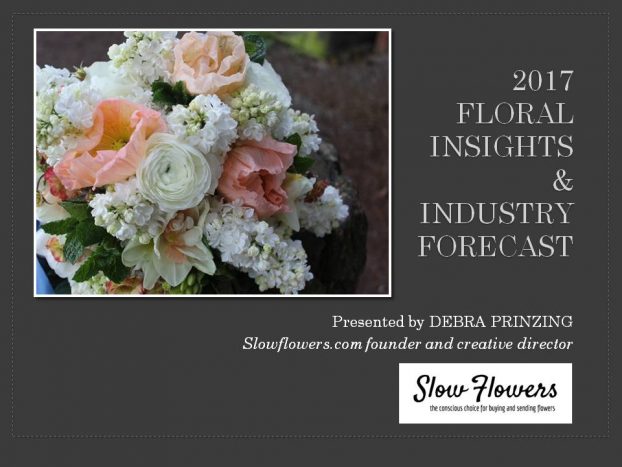
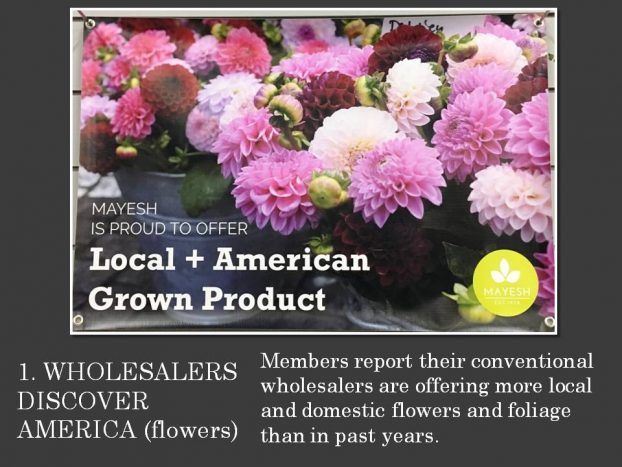
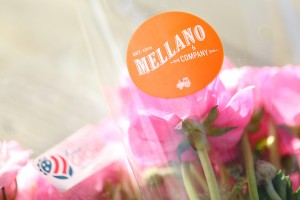
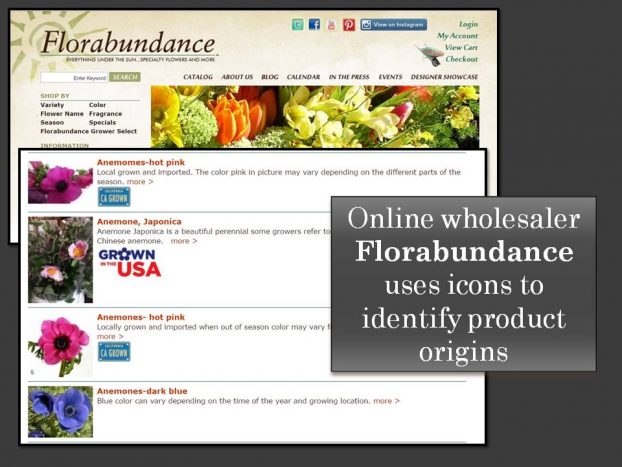
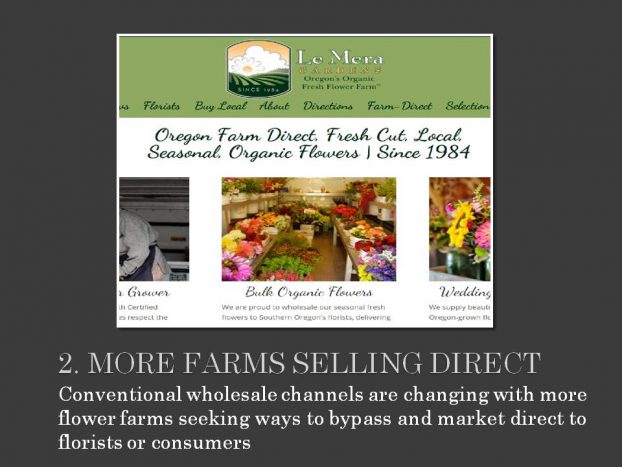
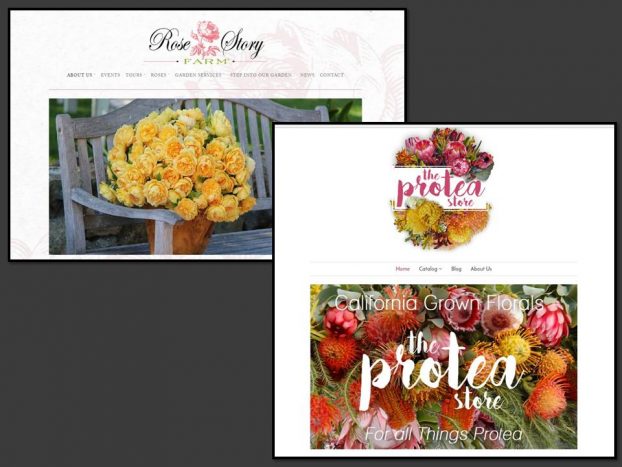
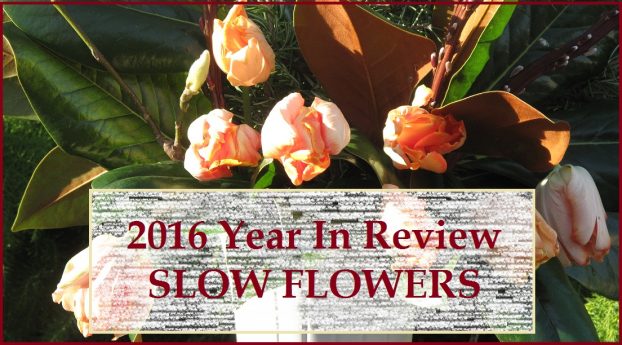

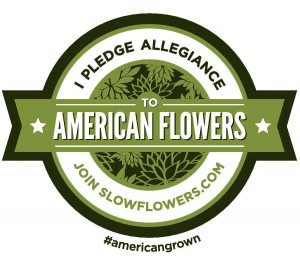
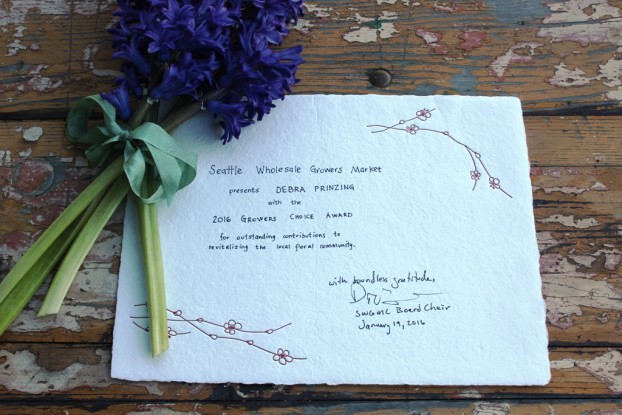
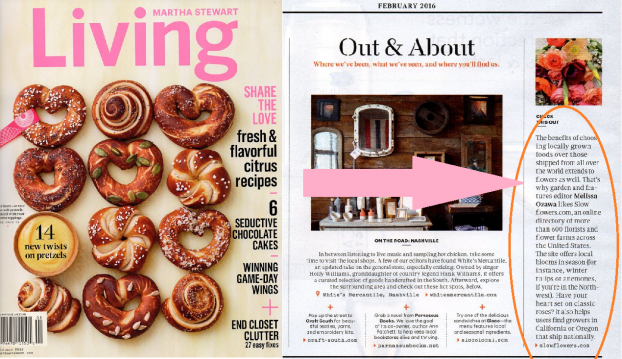
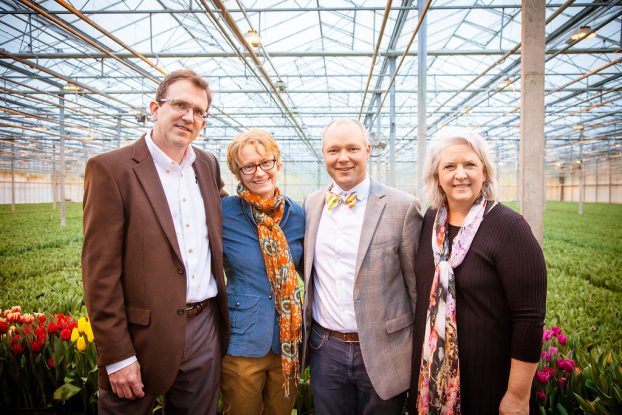
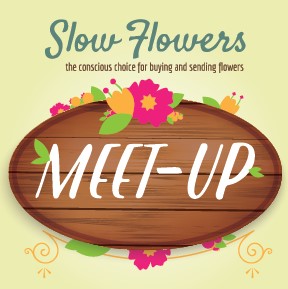
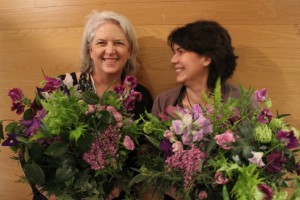
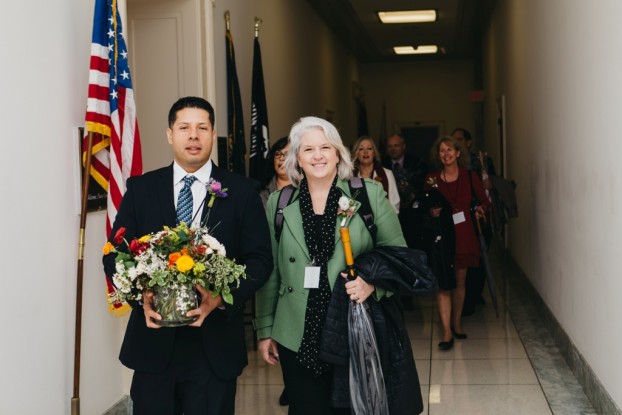
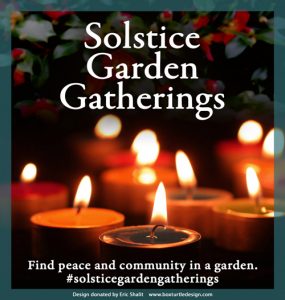
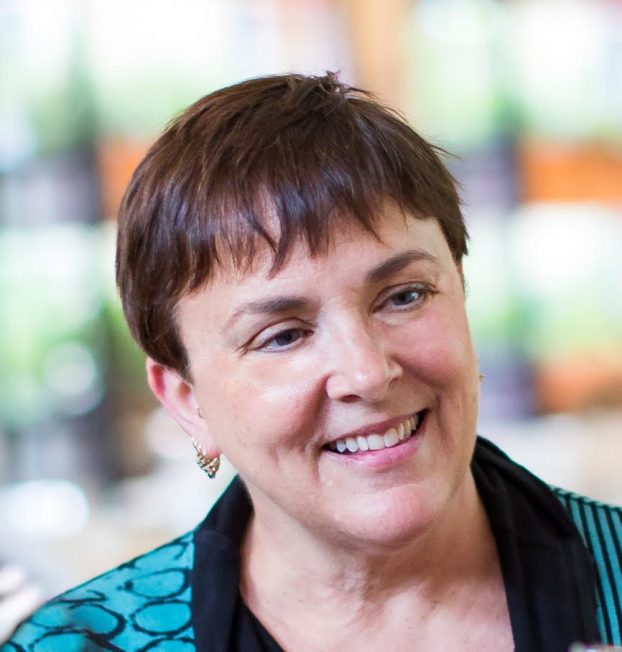
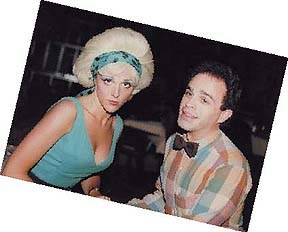

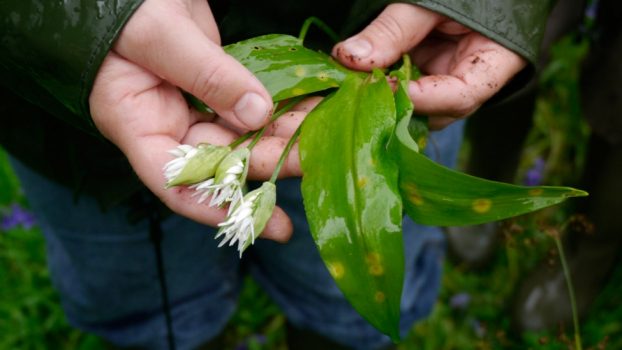
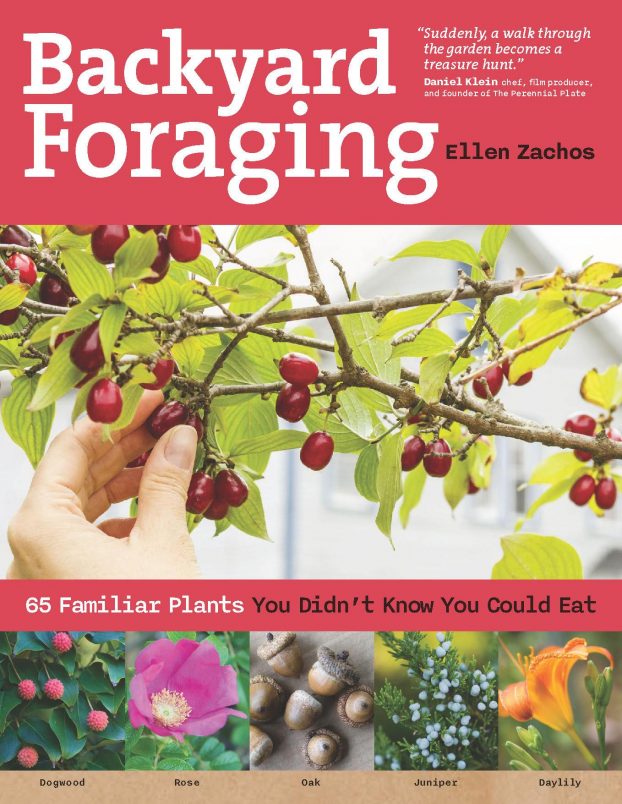
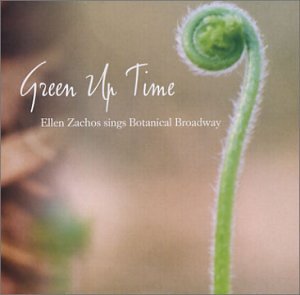
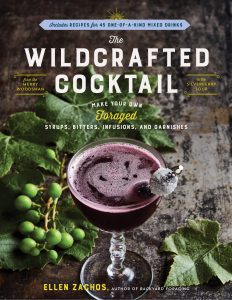
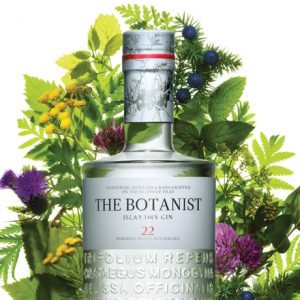
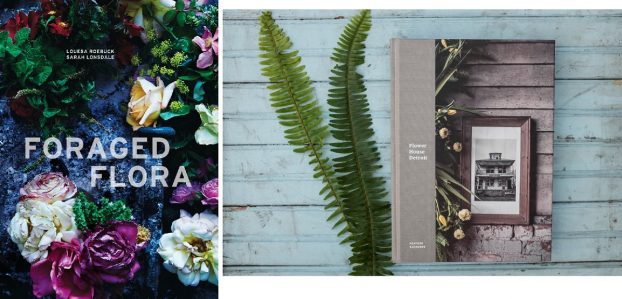
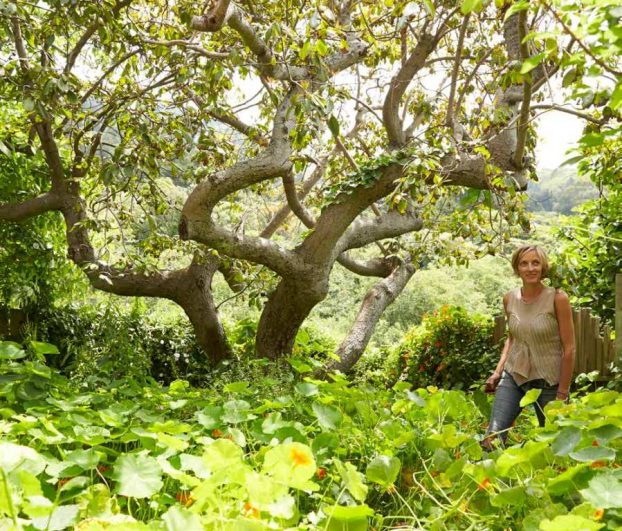
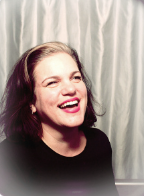
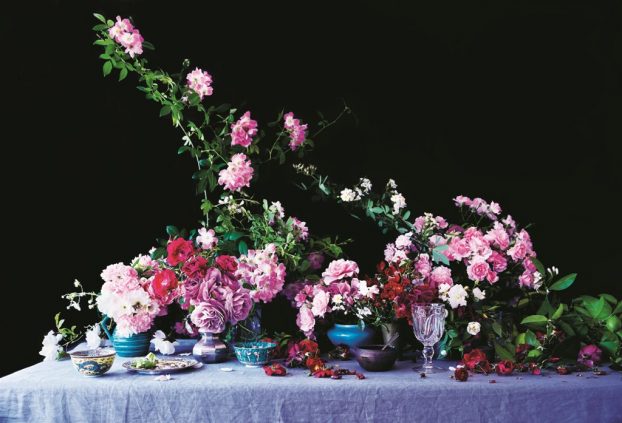
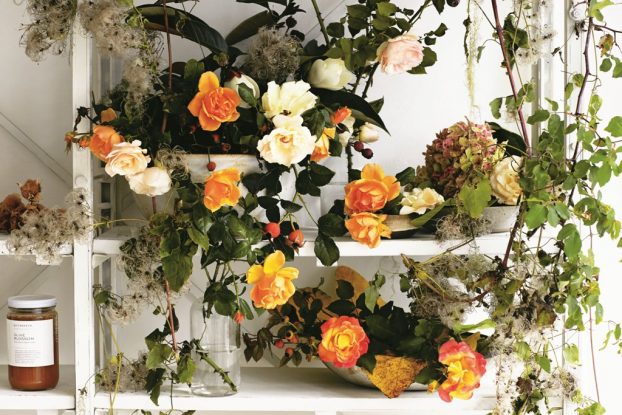
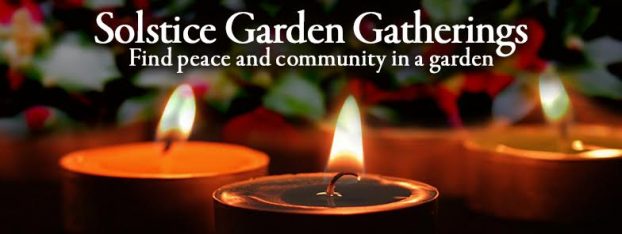
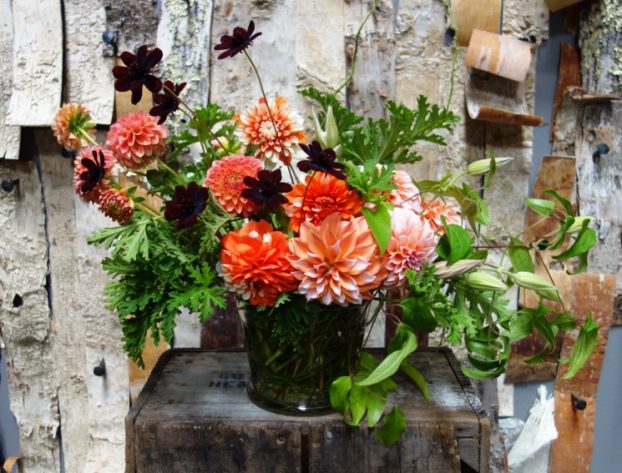
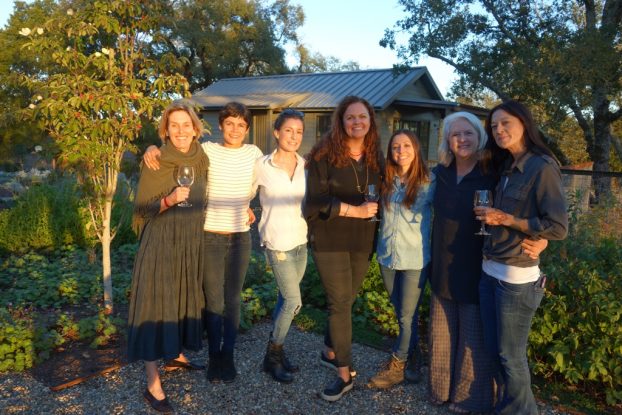
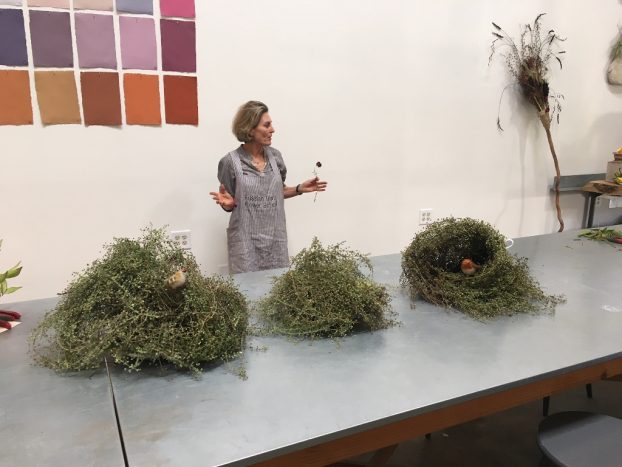
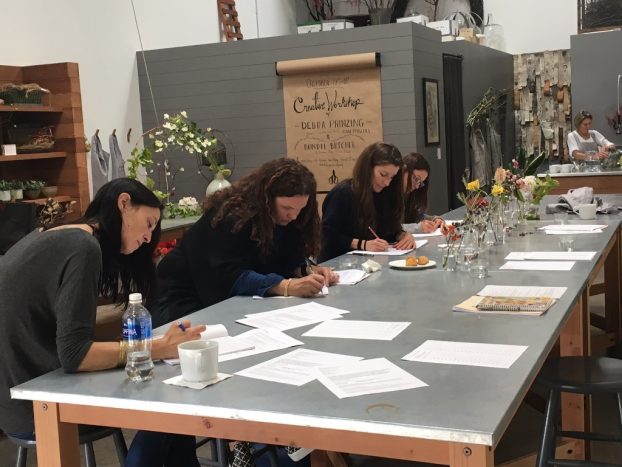
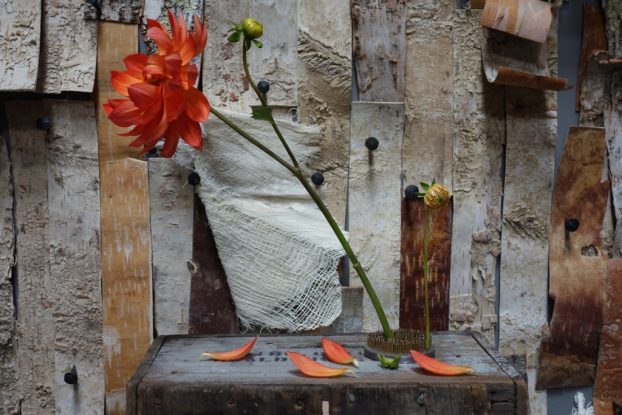
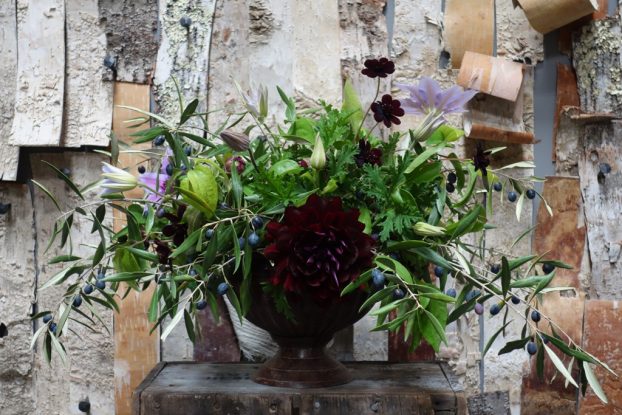
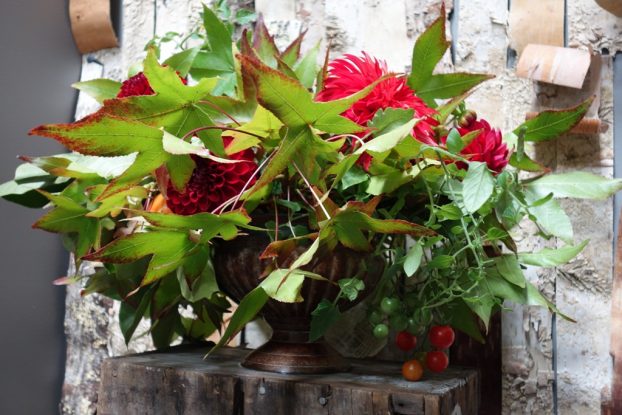
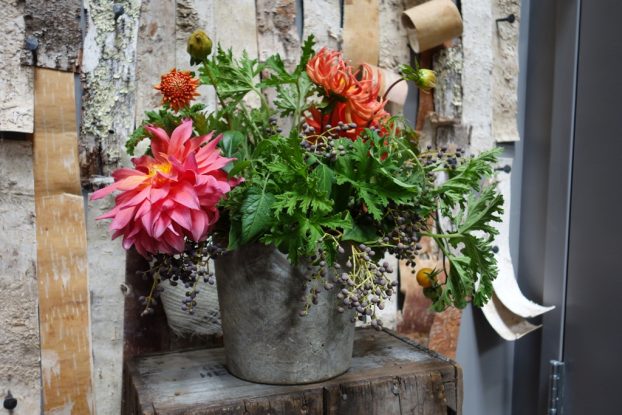
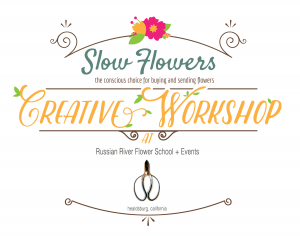 If you’re interested in participating in an upcoming Slow Flowers Creative Workshop, be sure to let me know. I’m planning one for the Seattle area in early March — details to come!
If you’re interested in participating in an upcoming Slow Flowers Creative Workshop, be sure to let me know. I’m planning one for the Seattle area in early March — details to come!